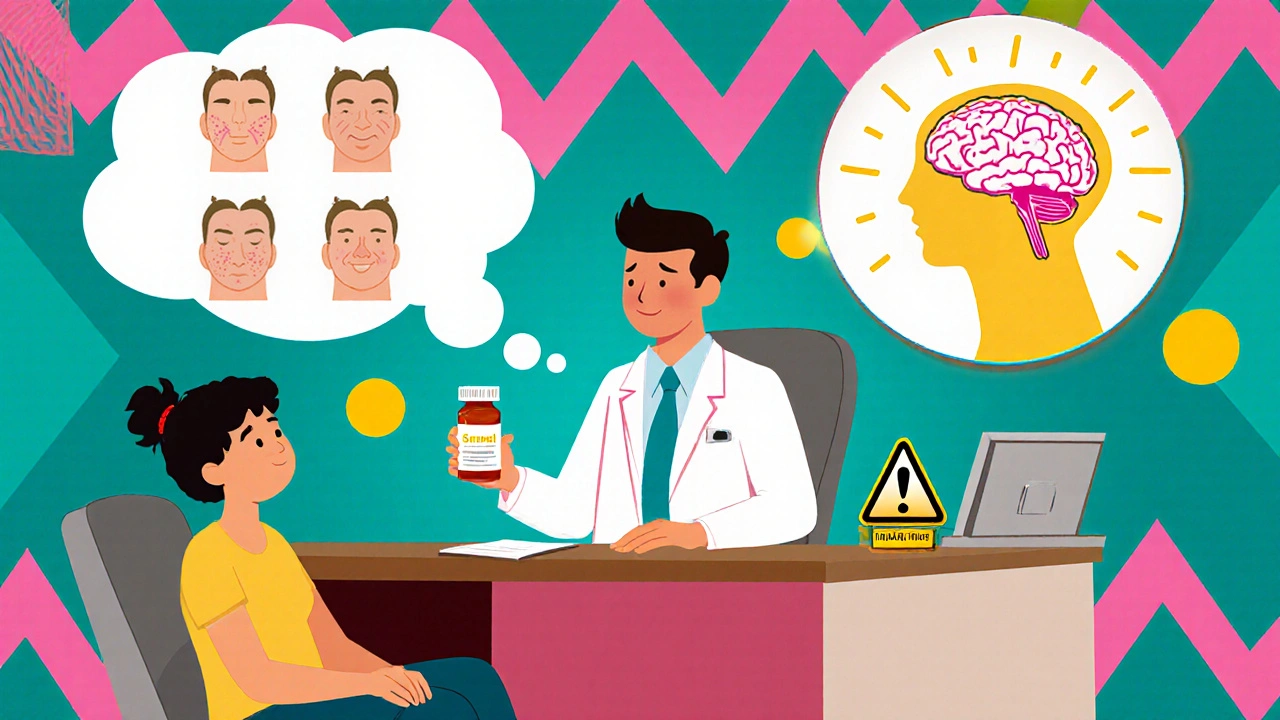PHQ-9 Screening: What It Is and How It Helps Detect Depression
When you're feeling down, tired, or hopeless, it’s not always easy to tell if it’s just a rough week or something more serious. That’s where PHQ-9 screening, a standardized nine-question tool used by doctors and clinics to assess depression severity. Also known as the Patient Health Questionnaire-9, it’s one of the most common ways healthcare providers quickly check for depression in everyday settings. Unlike complex psychological tests, the PHQ-9 is short, free, and designed for use in primary care, mental health clinics, and even telehealth visits. It doesn’t require a psychologist to administer—just a few minutes and honest answers.
The PHQ-9 asks about symptoms you’ve had over the last two weeks: trouble sleeping, low energy, feeling worthless, poor concentration, or even thoughts of self-harm. Each question is scored from 0 to 3, and the total adds up to give a clear picture—mild, moderate, or severe depression. It’s not a diagnosis, but it’s a red flag that tells a doctor: "This person needs more attention." Studies show it’s just as accurate as longer interviews, which is why it’s used everywhere from urgent care centers to college health services. It’s also used to track progress—if your score drops after starting treatment, it’s a sign things are improving.
What makes the PHQ-9 so useful is how it connects to real-world care. If you score high, your provider might suggest therapy, medication, lifestyle changes, or all three. It doesn’t replace a full mental health evaluation, but it opens the door. And because it’s simple, people are more likely to answer honestly—especially when they’re asked in private, without judgment. That honesty saves lives. You won’t find it in fancy hospitals alone; it’s in community clinics, pharmacies offering health screenings, and even some workplace wellness programs. It’s designed for people who don’t think they need help… until they’re asked the right questions.
The posts below dive into how mental health connects with physical treatments—like how laxatives might affect mood, how antidepressants compare, or how chronic conditions can worsen depression. They don’t just talk about pills. They show how your body, mind, and daily habits are linked. Whether you’re curious about your own PHQ-9 score, helping a loved one, or just trying to understand why mental health screenings matter, you’ll find practical, no-fluff insights here. No jargon. No guesswork. Just clear answers.
Isotretinoin and Depression: Essential Mental Health Monitoring Guide
A practical guide on isotretinoin's link to depression, covering evidence, monitoring schedules, red‑flag signs, and actionable steps for clinicians and patients.
© 2026. All rights reserved.

